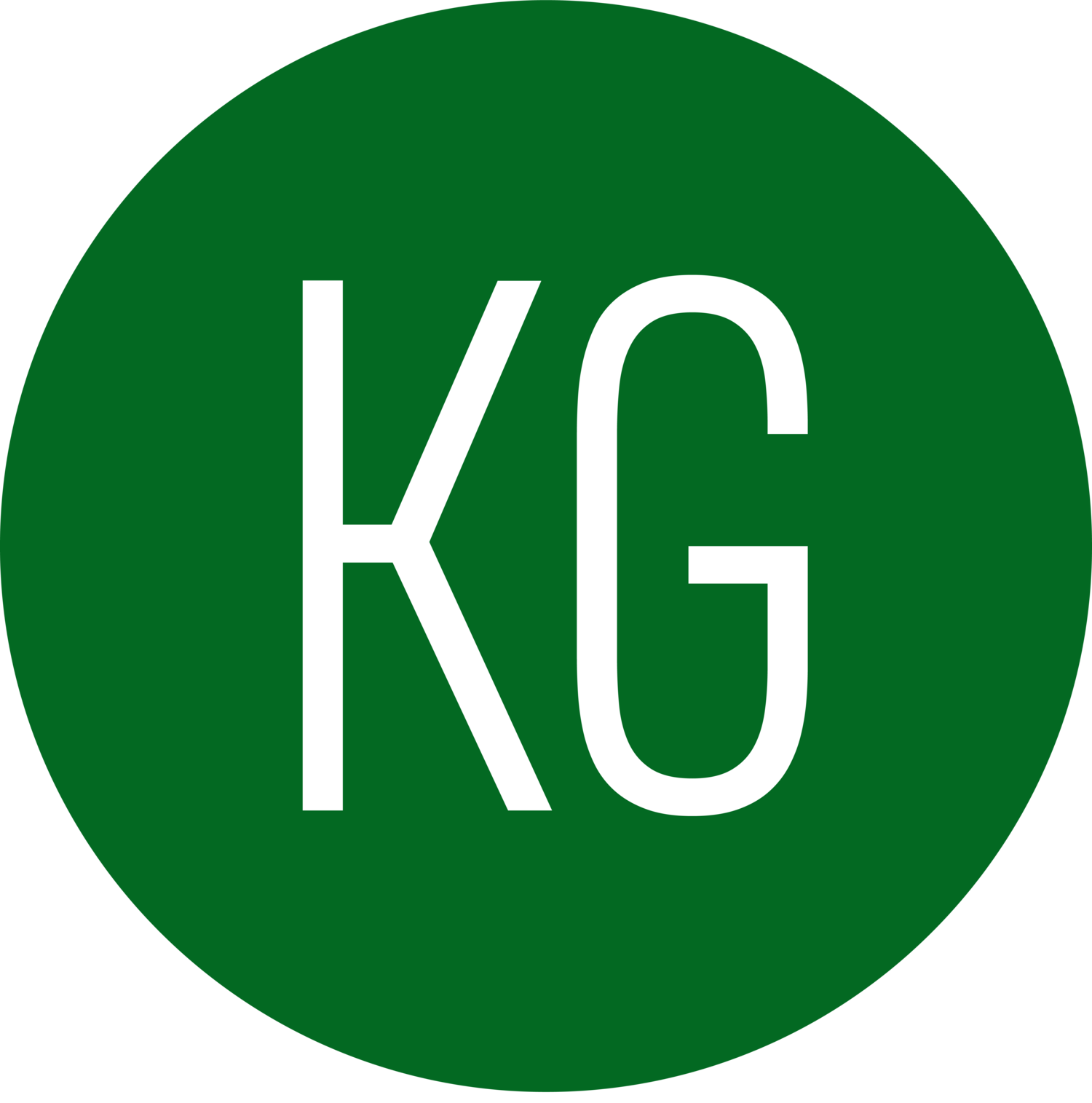
My Approach
I approach my practice from a trauma-informed, anti-oppressive, size-inclusive, anti-racist, LGBT2SQ-positive, and non-judgmental perspective. I strive to make my work client-centred, integrative, and unique to each individual.
Eating disorders, disordered eating, and body dysmorphia are often manifestations of anxiety when harbouring deeper-rooted issues. They can—and have—acted as a means for control, survival, and even protection. In many cases, we try to change our bodies to carry the weight of trauma, social pressures, or a lost sense of autonomy. Recovery & healing from eating disorders, body dysmorphia, and trauma, should involve taking a deeper look beyond the behaviour itself.
I approach my practice from a psychodynamic, integrative perspective, using an anti-oppressive and trauma-informed lens. My practice is client-centred, and therefore specific to each individual and their circumstance. I aim to support you with exploring experience, identity, and emotional tolerance.
Practicing from a trauma-informed lens fosters an understanding that our internal struggles often come from a place that existed long before our current problematic behaviours. Sometimes it is important to explore the people, places, and events that have, and continue to shape your immediate existence. Perhaps these experiences are precipitating negative or unhelpful emotions & behaviours. This work can be important to manage anxiety, to help bring relief of emotional distress.
I have been professionally trained in both Cognitive Behavioural Therapy (CBT) and Dialectical Behavioural Therapy (DBT). Through CBT and DBT we can attempt to learn or re-learn more adaptive and constructive ways of living.
I am also trained in Internal Family Systems (IFS) Therapy, and structural dissociation parts work. These approaches are useful in self-exploration, identity confusion, inner-child work, and understanding our internal “parts”. Most importantly, these approaches foster healing, confidence, mindfulness, and self-worth.
